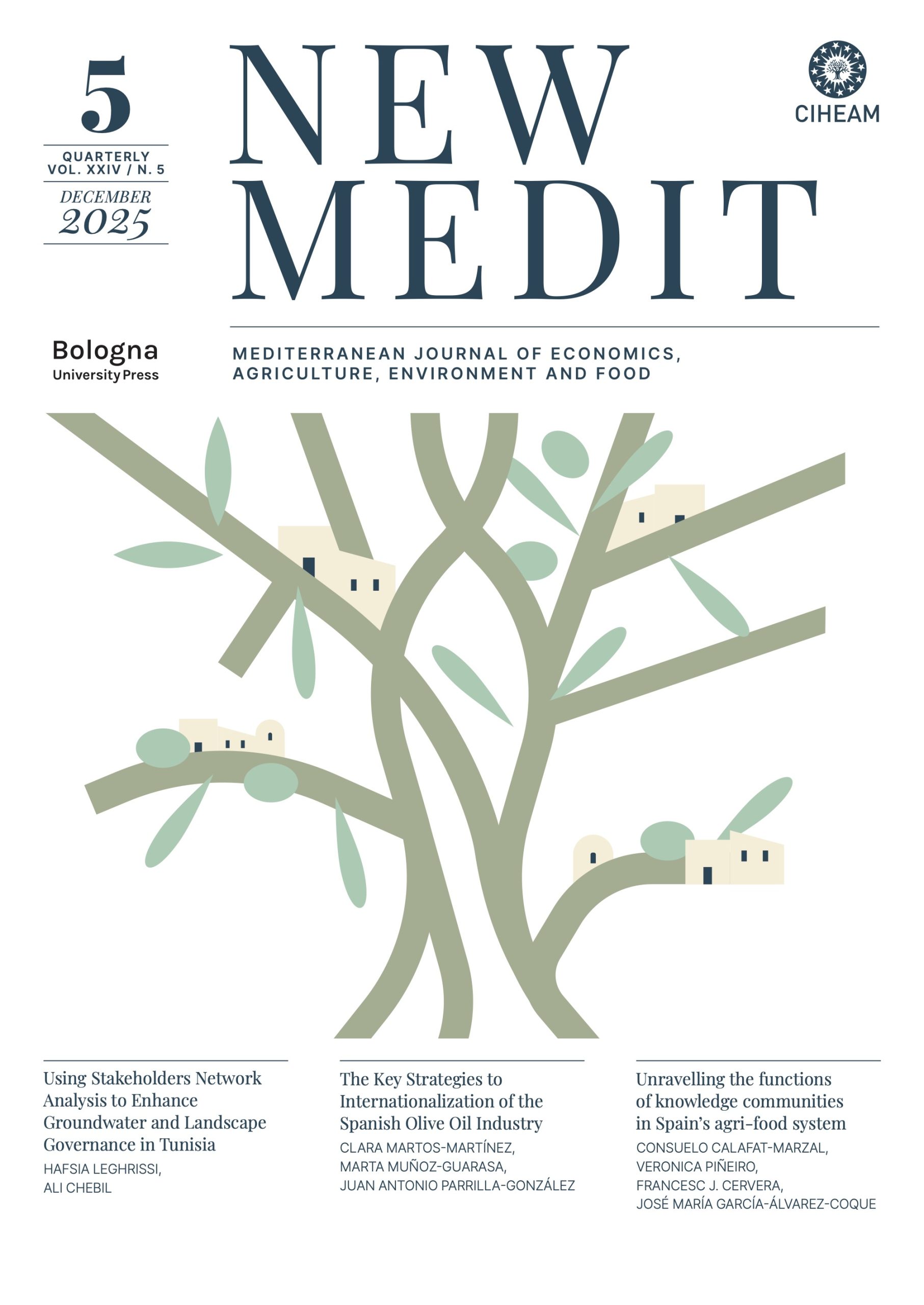Livestock farming constitutes a significant source of greenhouse gas (GHG) emissions, presenting a challenge to the fulfilment of regional and international climate change mitigation. However, research on the mitigation of livestock emissions remains underrepresented in environmental legal scholarship. The current exploratory study aims to bridge this gap by systematically addressing law research focused on reducing GHG emissions from livestock. Given the distinct characteristics of various regional contexts, this work places a particular emphasis on the European Union (EU). Indeed, while maintaining ambitious climate change mitigation obligations, the EU records unhealthily high levels of animal food production and consumption. Furthermore, considering both its strong enforcement powers and the central role it plays as one of the main producers and consumers of animal food products worldwide, the EU is in a privileged position for conditioning global animal food systems.
The article begins by outlining the scale and features of livestock’s impact on climate change. It then reviews the existing legal literature on the mitigation of livestock emissions, with a special focus on EU-specific analyses. After highlighting insights from current legal scholarship, assessing its alignment with scientific evidence, and identifying research gaps, the article proposes the development of a research agenda focused on the EU mitigation of livestock GHG emissions, informed by four preliminary observations. The observations clarify that: 1-the livestock sector has traditionally been neglected in climate change law and policy documents; 2-there is shortage of legal research on the mitigation of livestock emissions at the EU level; 3- curbing livestock related GHG emissions will have a major role to play for the EU to meet international and regional climate change mitigation obligations; 4- at the EU level, there is no possibility to decouple livestock production and consumption from GHG emissions.











